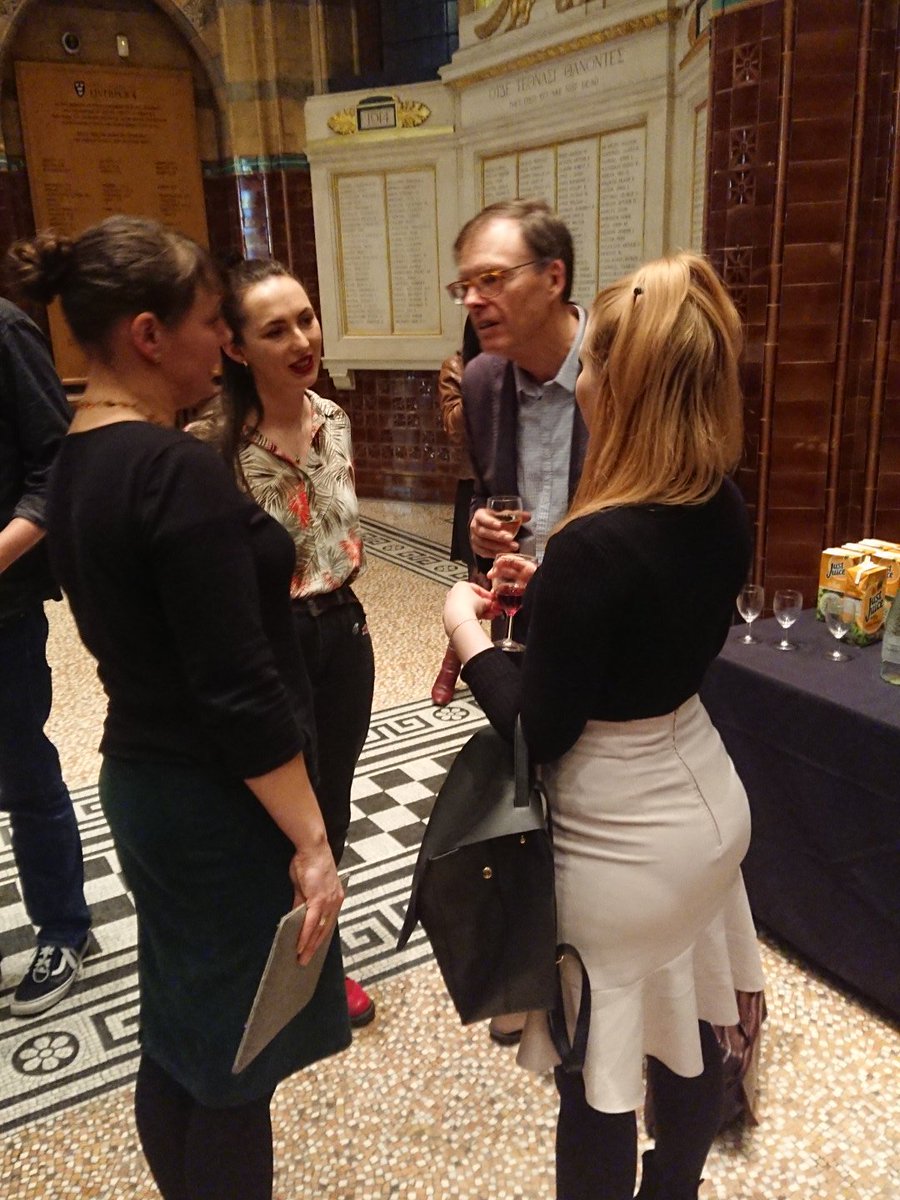
How to get URL link on X (Twitter) App

https://twitter.com/dan_pericles/status/1391450245985447941For Greek, Beekes dissertation is still the go to. Add: Peters, Untersuchungen zur Vertretung der idg Laryngale im Gr. Add: Rix, Hist. Gr. Gramm.
https://twitter.com/benjcartlidge/status/1381906556766334985No, not like that, you filthy beasts.
